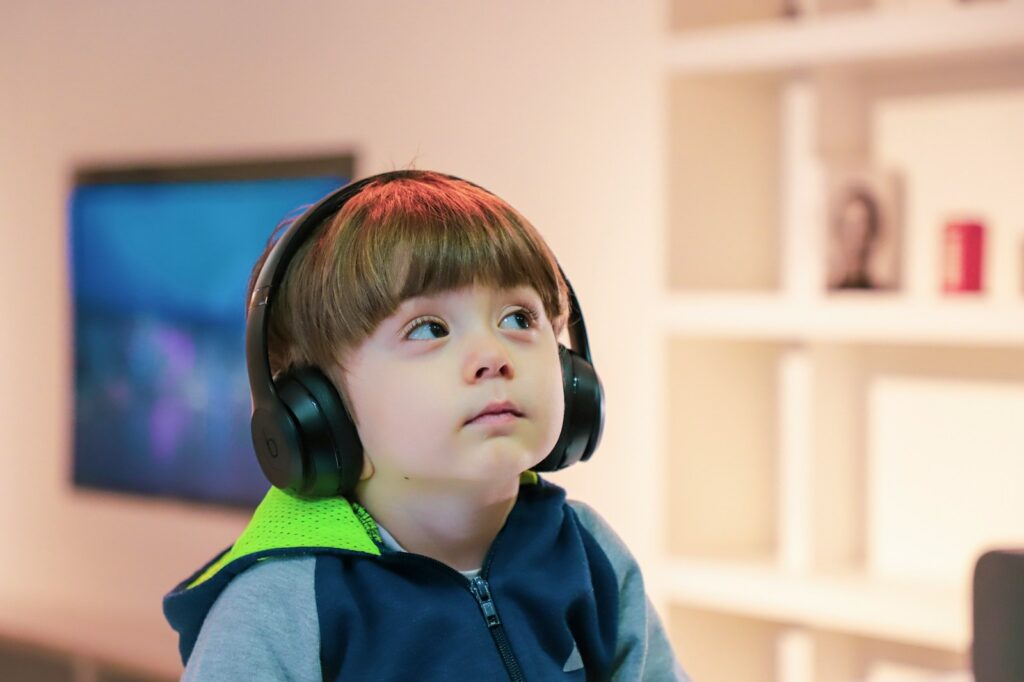New paper in Journal of Humanistic Psychology lays out why the behavioural emphasis of many clinical services fails young autistic patients – and sets out a bold vision for what can be done.
Many clinical services that aim to support autistic children and young people in fact ‘gradually undermine a person, restrain authentic self-expression and fail to address the impact of a hostile world.’ That’s the damning conclusion of the authors of a new paper published in the Journal of Humanistic Psychology.
What’s more, commonly used support schemes based on notions of ‘neuro-normativity’ get in the way of developing a humanistic-informed framework of care among staff working with diagnosed or undiagnosed autistic children and young people. But the authors of the paper don’t merely crtiicise existing systems; they set out a bold new, more effective and beneficial alternative – an experience-sensitive framework.
- Read the paper, ‘An Experience Sensitive Approach to Care With and for Autistic Children and Young People in Clinical Services’
Such experience-sensitive practice is influenced by the lifeworld-led model of care pioneered by Todres et al, which the authors of the new paper discuss. They then go on to show that how mental health practitioners can incorporate eight elements of such care into practice.
These eight ‘dimensions’ of the experience-sensitive approach to care are: Insiderness; Agency; Uniqueness; Togetherness; Sense-making; Personal journey; Sense of place; and Embodiment. The paper expands on these in more detail, effectively producing a checklist for service providers with tips on best practice.
The result, claim the paper’s authors, is a neuroinclusive approach that creates a culture of respect, honours the sovereignty of the person and prioritises personalisation of care based on collaborative decision-making. In doing so, practitioners support well-being from an existential, humanistic perspective, grounded in acceptance of autistic diversity of being.
Without such a move to change practice across research, clinical and educational contexts, the authors warn that real progress cannot be made to prevent poor mental health outcomes for autistic people across their lifespan.
‘Autistic young people,’ conclude the authors, ‘are more likely to face self-diminishing interactions on an everyday basis, with some having virtually no available person to safely “unmask” with. In such cases, having a neurodivergence-affirming support at hand can serve almost as an oasis that allows the young person to flourish in a desert of adversity.’
In related news:
Landmark Young Carers Covenant launched to help millions of children
Charity’s fostering and adult placement services found to be sector leading













